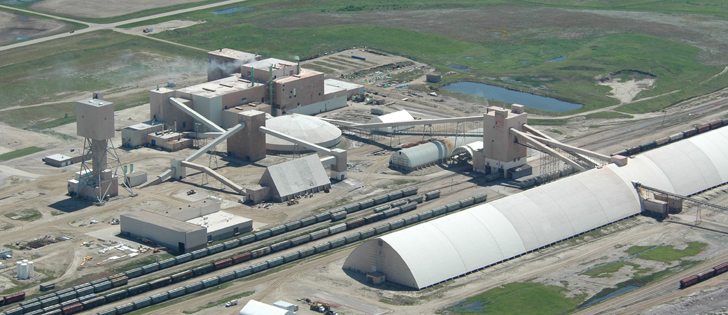Eight will become four.
That is the prospect if all the agricultural mega deals in the crop input sector are completed.
Farmers wonder what the loss of competition will mean for their costs and access to seed and pesticides.
Can such concentrated ownership in the seed business be good for agriculture and the billions of people it feeds?
Last week, Bayer announced a friendly takeover bid for Monsanto for US$66 billion, the biggest in a string of recent merger announcements, following on the heels of the $59 billion Dow-DuPont deal and the $43 billion ChemChina-Syngenta deal.
Read Also

Proactive approach best bet with looming catastrophes
The Pan-Canadian Action Plan on African swine fever has been developed to avoid the worst case scenario — a total loss ofmarket access.
And in the fertilizer and farm retail supply sector, there is the $36 billion Agrium-PotashCorp deal.
The players see consolidation as a solution to their current problems.
Falling agricultural commodity prices and tight farm incomes have taken their toll on sales of crop inputs, and profits at the multinationals are lagging even as the costs rise to develop new products and get them through the regulatory systems.
“Consolidation in the industry is a prerequisite to further investment in R&D,” said Monsanto chief executive officer Hugh Grant.
Indeed, Grant and Bayer head Werner Baumann painted their proposed merger as the response to farmers’ call for greater and more rapid innovation and more sustainable farming solutions.
However, competition is the strongest incentive to invest in product development. If competition shrinks in a market that has a high cost of entry for new players, should farmers believe the comforting words of the merging mega corporations?
Many producers are already expressing concern, fearful that rapidly rising seed costs will soar further as a result of consolidation.
The Bayer-Monsanto deal’s effect in Canada’s canola sector would be particularly sobering. If it goes through without change, the combined corporation would control 95 percent of the herbicide tolerant canola market through its Roundup Ready and Liberty Link systems.
Western Canadian farmers, who are in the thick of harvest, have had little opportunity to consider the implications or how they should react.
These deals will go through government competition review processes. The Bayer-Monsanto deal alone will navigate competition laws in 30 jurisdictions.
That will take time, allowing farmers and their representative groups to work out what they like and don’t like about these mergers and make their views known to the companies, regulators and politicians.
At the same time, we must also examine the barriers facing new, innovative players that want to enter the seed and crop protection business.
In addition to the expense of researching and developing improved products, any company that wants to proceed to market with its innovations must go through costly and lengthy regulatory processes. They are needed to ensure the products are safe for people, animals and the environment.
However, the costs often result in the innovator selling out to one of the mega corporations that have the required deep pockets.
The new Liberal federal government has promised to develop an innovation agenda. That work must include making regulatory processes more affordable because without new entrants, we will cede a key part of the food business to a handful of all-powerful corporations.
Bruce Dyck, Barb Glen, Brian MacLeod, D’Arce McMillan and Michael Raine collaborate in the writing of Western Producer editorials.

















